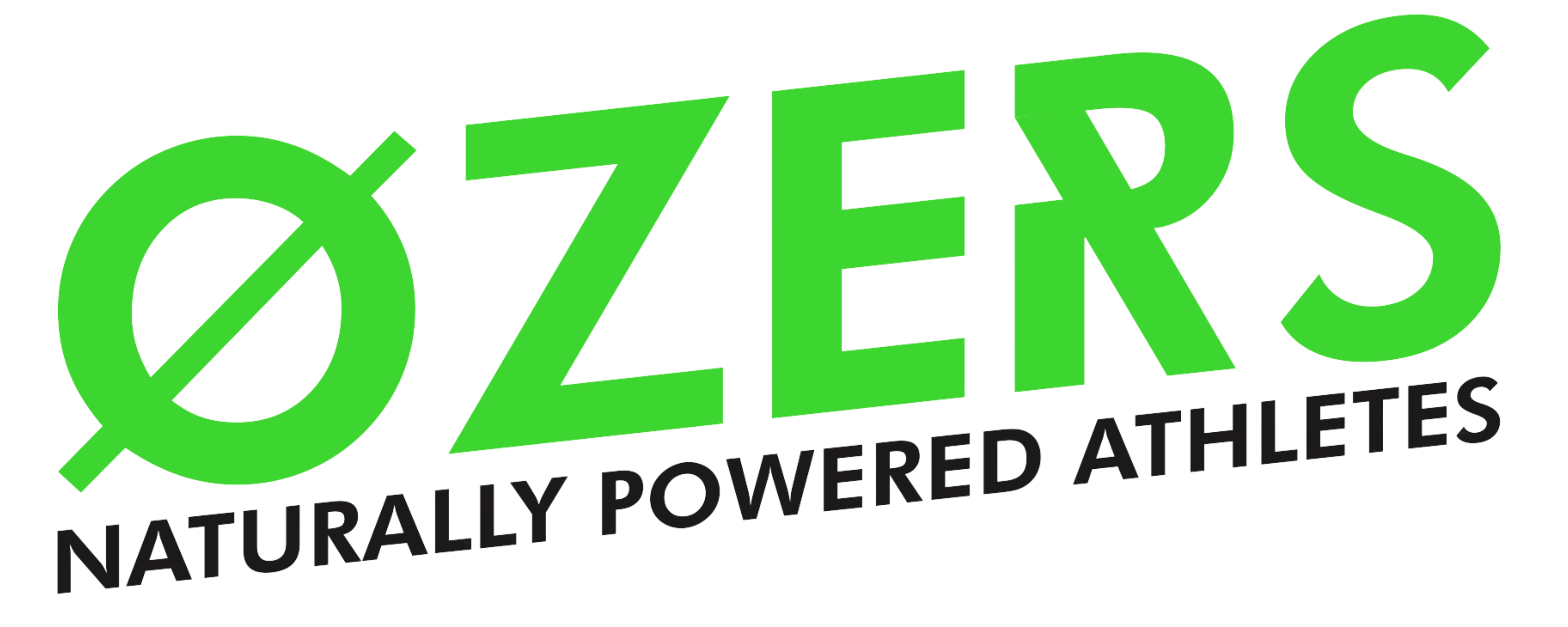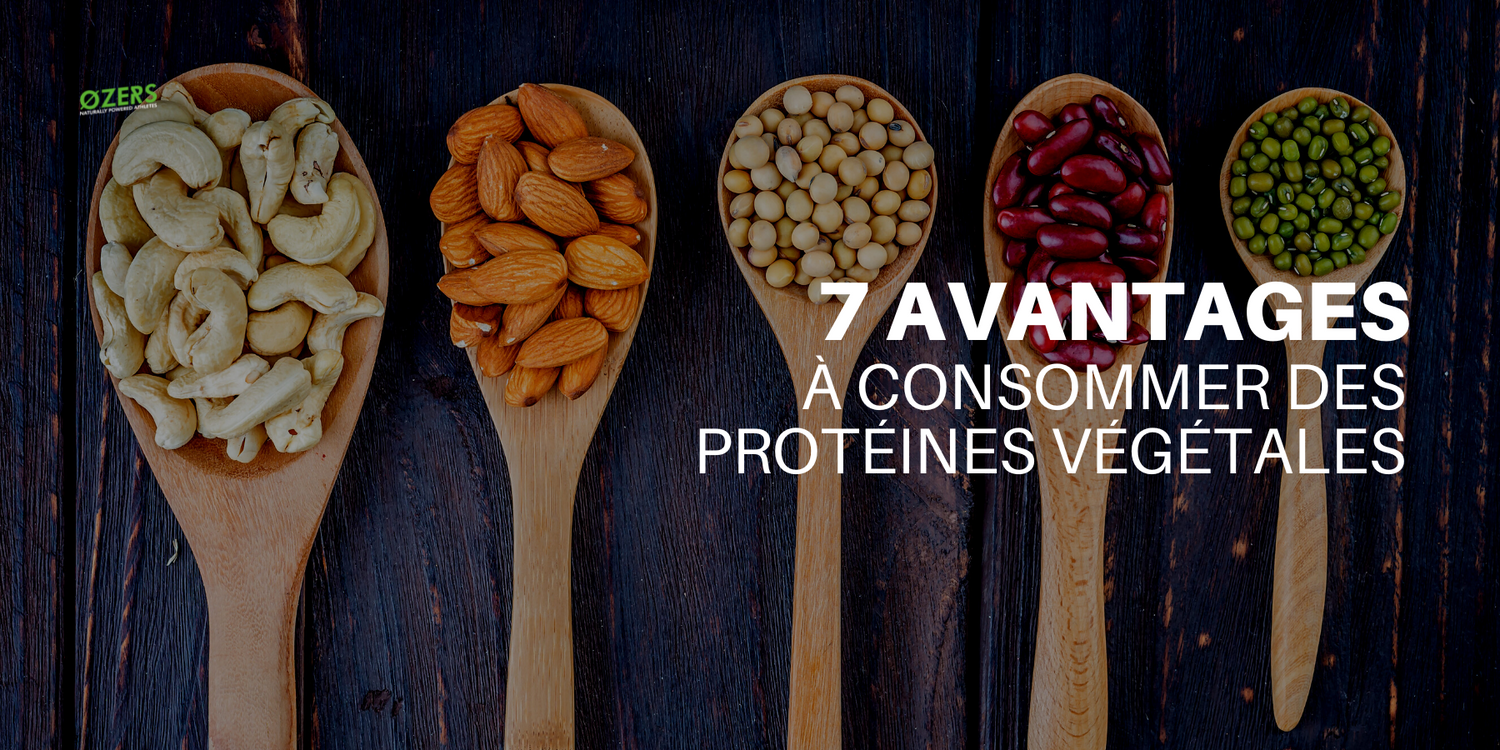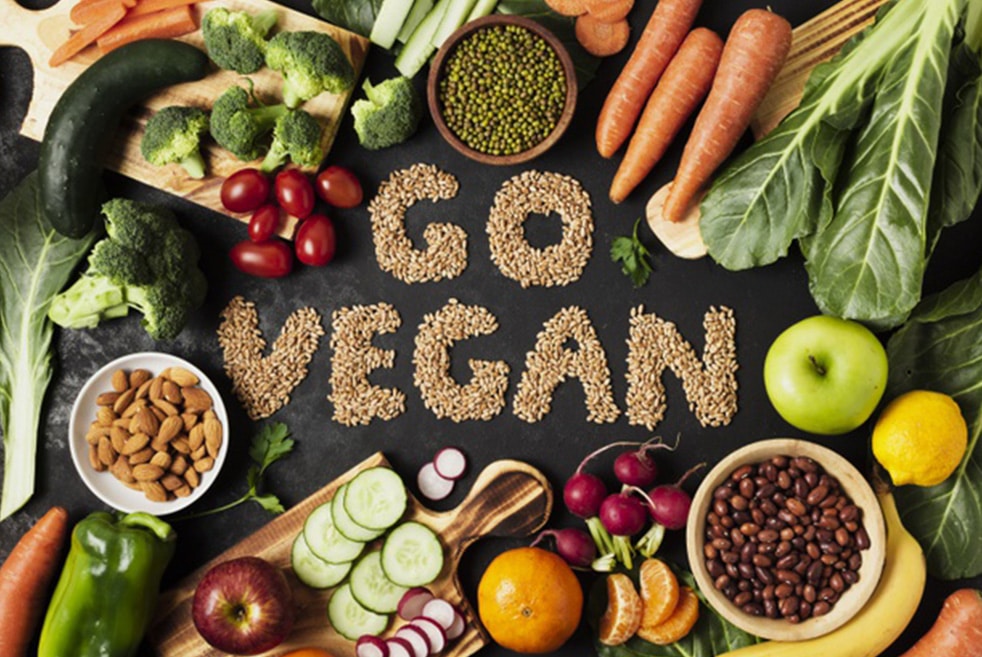It's decision time ! In front of you, a pack of plant-based proteins. Next to it, milk protein (the famous Whey).
What is the difference between the two? Which protein should you choose for your post-workout shake?
Ensuring a good protein intake is essential for your health.
Protein provides essential amino acids for the body to function. They promote muscle mass gain and weight loss. They also improve recovery after physical exercise.
But between plant proteins and animal proteins, such as milk protein, which to choose?
Discover 7 benefits of plant protein over milk protein.
>> Order ØZERS Vegetable Protein shakes
1. Plant proteins are more digestible than milk proteins
Milk can have undesirable effects on the intestinal flora. If after drinking your whey shake you feel bloating and flatulence... Look no further: lactose is responsible .
Lactose is a sugar. If it is not digested well, it leads to gas, diarrhea and cramps. Nothing very pleasant.
With plant proteins, you don't have this problem ! They are assimilated and digested much better than animal proteins... thanks to the fiber!
Fibers :
- promote digestion and intestinal comfort;
- improve the quality of the microbiota;
- regulate blood sugar levels;
- reduce cholesterol levels;
- help to lose weight.
In addition, with good digestion , you better assimilate nutrients and vitamins, but also proteins. Their effects have more positive impact on your body.
When you have a leaky and inflamed intestine due to intolerance to lactose and dairy products, the effects of dietary supplements diminish.
If you no longer want to have a stomach ache after your workout, drink plant-based protein drinks . Vegan drinks are better for weak stomachs than milk-based drinks.
2. Proteins that are better for your bones
When you play sports, having strong, healthy bones is a priority! Plant proteins take care of your joints, which is not always the case with milk proteins.
Let's explain.
Plant protein promotes acid-base balance . Conversely, milk or animal protein tends to acidify the body.
Except that an organism that is too acidic leads to:
- fatigue;
- heartburn;
- joint pain;
- chronic tendonitis;
- Cramps ;
- muscle palpitations.
A disruption in the body's acid-base balance is detrimental to bone health. Too much acidity can cause osteoporosis and increases the risk of fracture.
Gaining muscle isn't the only priority when taking protein supplements. Protecting your bones and strengthening your metabolism improves your sports practice in the long term.
With a post-workout pack based on vegetable proteins, your shake is more digestible and assimilable, with benefits for bone health. These are supplements that provide all the essential amino acids to improve your physical activity.
Remember that a balanced and healthy metabolism allows you to lose weight and build muscle effectively and sustainably.
3. Plant protein is suitable for all diets
A great advantage of vegetable protein is that it is compatible with all diets. It is suitable for people who eat meat, vegetarians, vegans and vegans.
Athletes who do not want to consume animal protein can replace it with plant-based protein.
Thinking that plant protein intake is less important than animal protein is false. Certain plants, such as spirulina , offer a higher protein intake than a beef steak. This is to tell you!
48 grams of spirulina = 100 grams of beef.
Plant proteins are suitable for everyone! They are suitable for athletes who want to increase muscle gain, but also for people who want to obtain sufficient protein intake without following a particular diet.
Varying plant protein sources is interesting to meet broad nutritional needs while maintaining a high protein level.
4. Consume plant-based proteins to lose weight
Plant protein helps with weight loss. It is much lower in calories than other sources of protein and meets fat loss goals.
Increasing your protein intake with plant proteins is also a natural solution to avoid deficiencies . You consume less fat and carbohydrates, which has a positive impact on your overall health.
As they are rich in fiber, plant proteins act on satiety . Consumed for breakfast or at the end of the day, after a training session, they fill your stomach and provide you with a good dose of energy to strengthen your vitality.
Drinking protein powder or eating different plant-based protein sources will prevent the blood sugar spike. You will have less desire to snack between meals, which prevents weight gain.
Eating balanced products and practicing physical activity are essential to lose weight in a healthy and natural way.
5. Plant proteins preserve the environment
Eating plant-based proteins is better for the environment. Consuming animal proteins, whether with whey or when you eat meat, has a strong ecological impact.
Deforestation, fires, CO2 emissions and greenhouse gases are hidden behind the production of animal proteins.
To produce plant-based protein sources, such as legumes (chickpeas, lentils) or algae (spirulina, chlorella), you need much less water and space. The impact on the environment is less.
To preserve the planet , choose plant proteins rather than proteins of animal origin.
6. Plant-based proteins are better for your health
By favoring plant-based protein drinks for your recovery and bodybuilding, you avoid the consumption of hormones. Milk protein can contain synthetic hormones and antibiotics that then end up in your body.
This is not the best way to stay healthy!
Plant protein sources are not treated with hormones. No risk of finding yourself with hormonal disorders such as acne (caused by milk and therefore its derivatives too), weight fluctuations, excessive and smelly sweating, etc.
Antibiotics found in dairy products destroy the microbiota and intestinal flora. In the long term, your immunity drops and you can develop illnesses.
Be careful, however, with the traceability of ingredients rich in plant protein. If hormones and antibiotics are absent from their composition, pesticides can be found there, which is why we must favor products based on good quality vegetable proteins.
7. Better cardiovascular health
Foods rich in plant proteins improve cardiovascular health . They reduce the level of cholesterol which, in excess and of poor quality, clogs the arteries and increases the risk of heart disease and stroke.
Conversely, consuming meat or animal proteins increases cholesterol levels. This is explained by a greater presence of saturated fats , which is not the case for plants.
Plant sterols (lipids) are good for the heart and give your cardio a boost. It's perfect for doing a fitness workout for an hour or finishing a run without getting out of breath.
Where to find the best sources of plant-based protein?
Nuts like walnuts and almonds are an excellent source of protein. Legumes like chickpeas also have a high protein content.
Other foods like beans , soy , tofu , and sunflower meet daily protein needs. Pumpkin and chia seeds also provide a substantial protein intake that is easy to assimilate into your diet.
The ideal is to make a mixture of these different sources of plant proteins in order to obtain a good intake for your sports practice.
Vegetable protein powders are also a low-calorie solution. They provide a good supply of essential amino acids as well as a sufficient level of protein of varied origin for the proper functioning of your body.
Test the post-workout pack 100% made from plant-based proteins and boost your sports practice!




